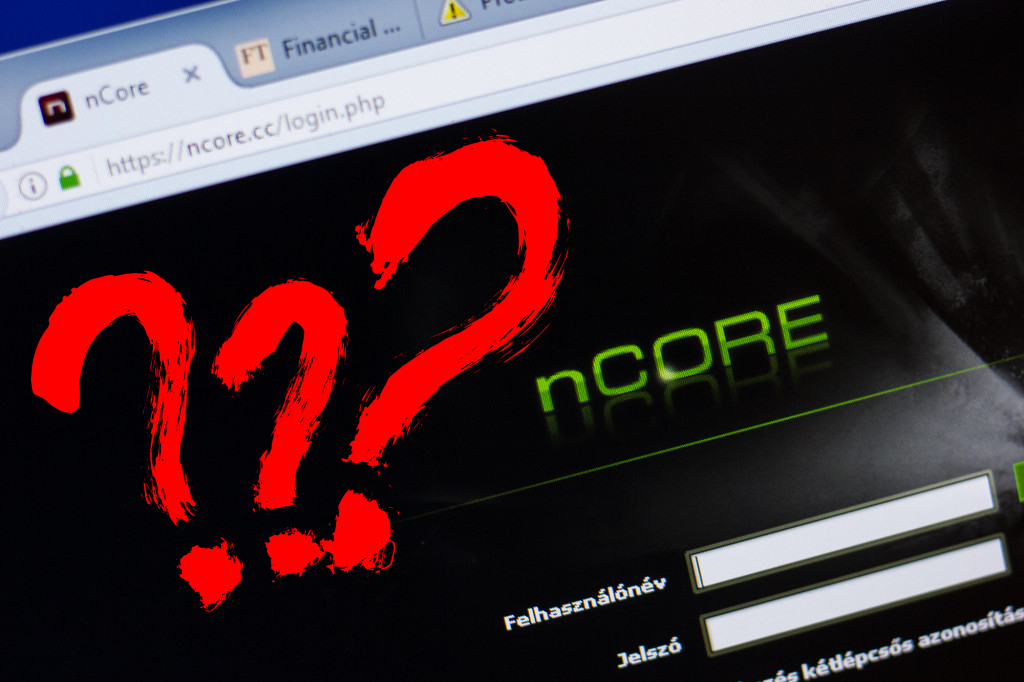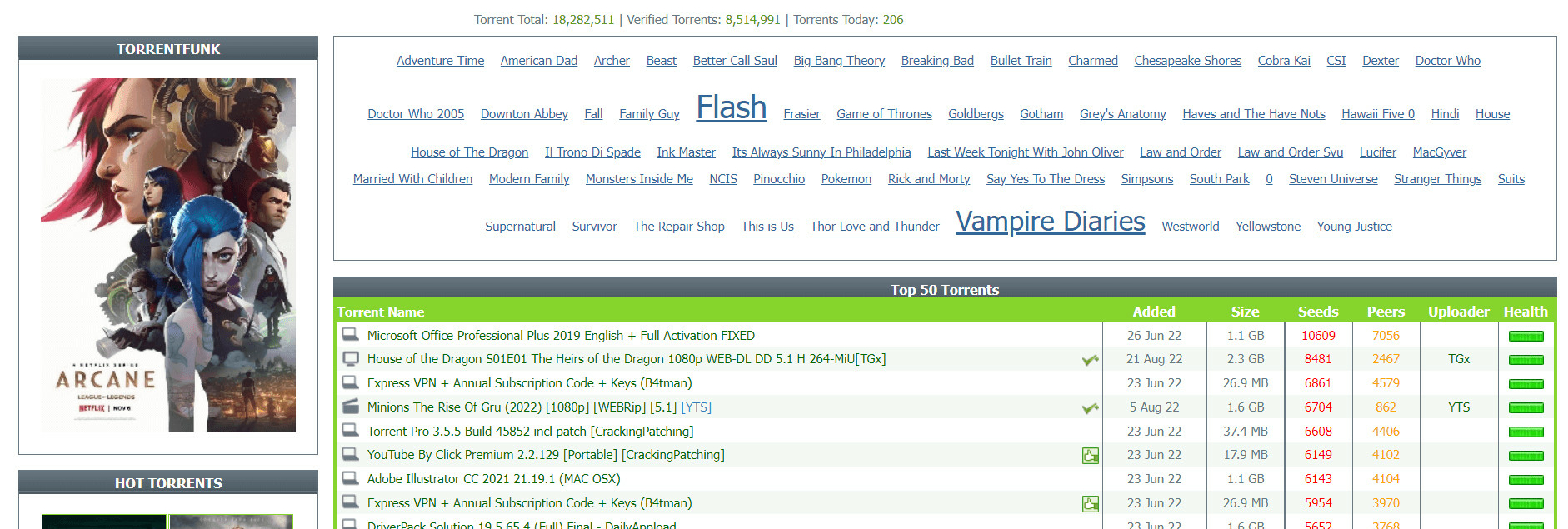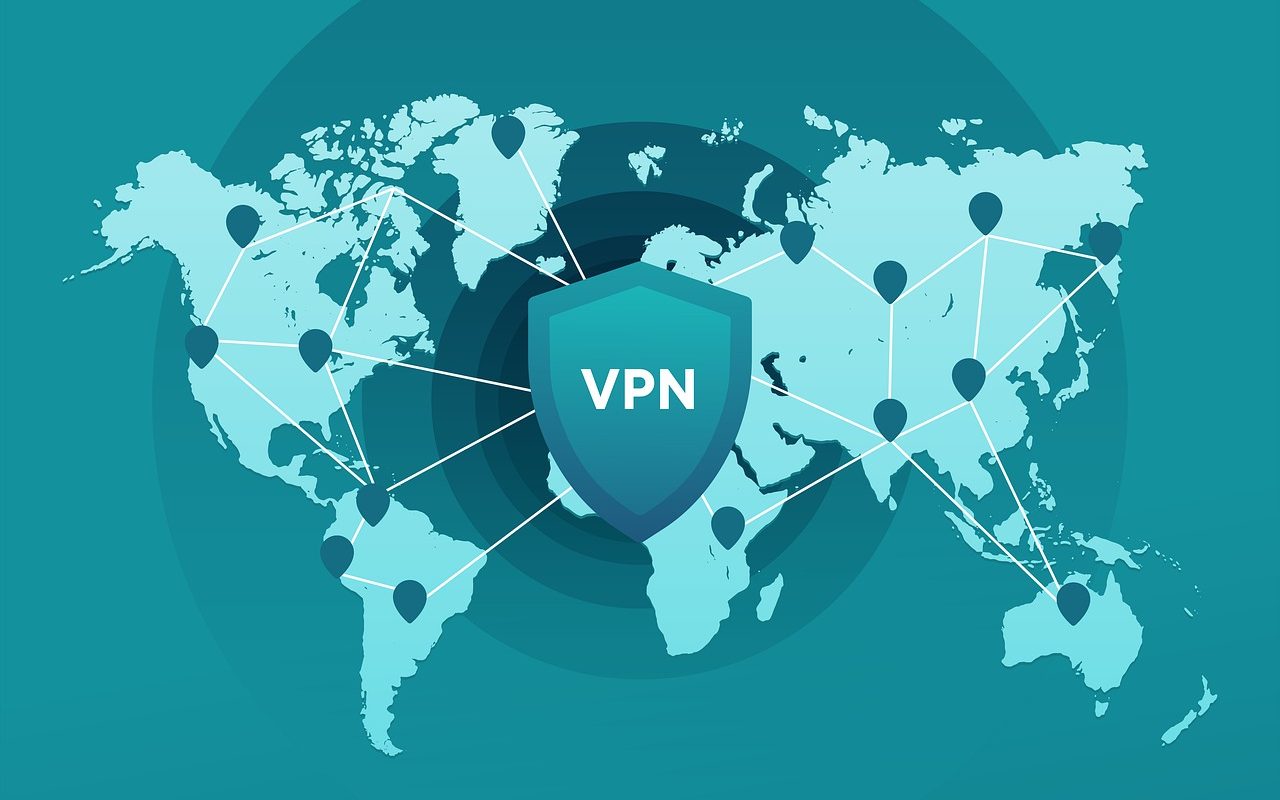Wondering what your ISP can see from your torrenting activity? Do they know when and what I download? Could I be in trouble?
01/06/2023 – Many people believe that by using torrenting, they are actually scamming everything and everyone, without any trace, which can only be seen through illegally operated torrent sites. Therefore, a person can only be prosecuted if the police go to their home and immediately check their computer, to see if they have found any illegally stored content.
Let’s say this belief is a multifaceted absurdity, because for the average user, a few dozen downloads of movies and games will not stop him, and on the other hand, in the digital age, this is really no longer necessary. Torrenting is not at all as anonymous as many think.
Well, how do torrents work?
During online downloads, we receive data from a remote server. Except for the initial request for the file, most downloads are one-way. You get your loot from a central server, so you don’t have to do anything in return, i.e. nothing else needs to be sent or uploaded. Some things work according to this principle: loading web pages, watching online videos, and downloading games on Steam all follow this principle.
However, this has a major weakness: if too many people try to download something from the same server, it can become clogged like a drain, causing the download speed to drop dramatically. Torrents differ from traditional downloads in this way: instead of just downloading a file, you can also upload it again at the same time.
In short, this is torrenting, a method of file sharing, also called peer-to-peer protocol. This could be the reason why many people try to download a single episode of a series from nCore to no avail. If the download ratio is right, items can be downloaded much faster than if we tried to get them traditionally.
You can read about the full and detailed history of the birth of torrenting in this article, but the short story is that even though the creator of BitTorrent did not have the main goal of thriving piracy, most people started using the revolutionary file sharing for that. This was a big culture in Hungary as well, where a lot of people used torrent files to download movies and games.
And what can an ISP make of all this?
Torrenting in this area is quite a dual affair, because the service provider cannot immediately tell, in this way, whether a randomly selected subscriber is downloading illegal content or not. So you don’t even see what’s being downloaded, whether it’s a game, movie, software or anything else. Most torrent clients have some form of encryption, which makes it difficult for ISPs (and your home router) to accurately track torrent traffic.
However, this does not directly mean that there is no way for the service provider to determine the truth of torrenting.
Downloading torrents shows some very clear patterns, such as multiple simultaneous download streams and many different TCP connections. This is because the client is connecting to multiple IP addresses at the same time, so if a service provider wants to assign torrenting to their users, this would likely be the first thing they would look at.
Another possible way is to contract a third party to monitor torrent pools, which specifically checks if the IP address under it appears in the list of users of that page/uploads.
But there is no need to be afraid at all, because it is not in the direct interest of service providers to determine this separately or prevent subscribers from torrenting at all (which in itself is not considered a crime). If traffic is monitored in this way, it is mostly because torrents consume a lot of bandwidth – but with the spread of broadband, this is not particularly a problem.
The problem is caused by legal protection
In general, providers don’t particularly care what people torrent, if they do, but owners of copyrighted content are more so. In 2021, the Supreme Court of the European Union (EUB) made a precedent-setting decision regarding torrenting, making the personal data of torrent creators available for publication.
The aforementioned court case was initiated by a request from Cyprus-based Mircom, according to which the Telenet service provider was obliged to hand over customer data related to IP addresses collected by the company. Mercom based its claim on the fact that these IP addresses were used to illegally redistribute pornographic films owned by the company. Naturally, the service provider refused to disclose customer data, so the case reached the European Union, which eventually decided
That in the future, service providers could release not only the IP address of suspected users, but also their real names and place of residence to the right holder.
But this has never been made clear, many European policymakers do not agree with this at all, and many criticisms have been made regarding data collection.
Media companies can easily get the IP addresses of people who are illegally uploading their content by linking to a torrent. This way, they can actually see all the addresses connected to the network, which are then listed, and listed according to the service providers. They can then loudly knock on providers’ doors and threaten the aforementioned precedent.
In this case, the service provider can do nothing but send a warning to the person, but in more serious cases, they can even restrict the Internet connection. What’s even worse is when media companies obtain torrent users’ personal data, with which they can prosecute pirates.
But there is a way for users to copy this as well
It’s not a big deal, but it’s definitely worth talking about. Although there is little chance that anyone in Hungary would set up a profile specifically for torrent users (which, again: is not illegal per se), there could be many who would certainly be covering up their online activities.
The best solution for this is to use a VPN, i.e. virtual private networks. Using these, you can hide everything: your location, IP address, etc., that is, with a VPN you can actually surf the Internet anonymously – and torrent. The bottom line is that when you torrent over a VPN, it’s like using a completely different (fake) IP address.
It goes without saying that it is harder for scammers and online hackers to detect us, so roaming will be safer as well. Although torrent files can still get some unwanted viruses.
In short, if the service provider really wants to (but they usually don’t), they can relatively easily filter torrent files, but can no longer see what’s being downloaded. But since media companies can also monitor these activities, the picture can quickly become blurry.
It varies from country to country whether the law best protects the individual or the rights holder, but in Hungary there has not been a single case where a field user was threatened because they downloaded something from nCore. However, all of this can be solved relatively easily with a good VPN.
Read this also:
This will be the end of the world – these are the five ways in which the universe can be destroyed















:quality(70)/cloudfront-eu-central-1.images.arcpublishing.com/dlnews/5CTNUPRXDRE6NG2YVU7MDQJSHI.jpg)






























